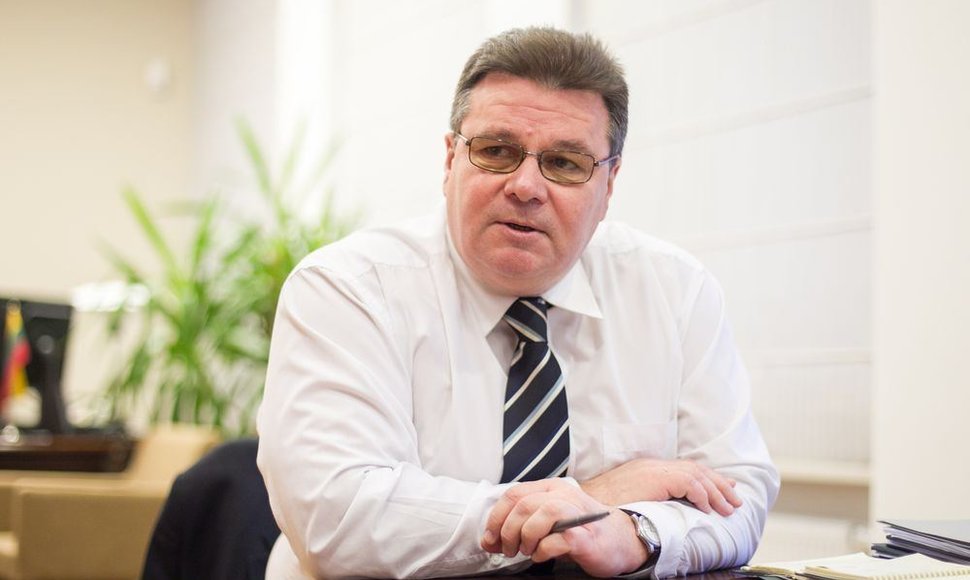The minister, who discussed the issues with Swedish officials in Stockholm, said EU leaders' attention to the program Armenia, Azerbaijan, Belarus, Georgia, Moldova, and Ukraine are participating in shows that "their development and getting closer to EU values" is important.
The minister also said that "not very good things" could be found in every of these states, and underlined that agreements on free trade, visa liberalization, and the implementation of Association Agreements would depend on the progress of individual countries.
"The situation is different in every case. Let's take Moldova which has moved forward a bit more. We also want to achieve results with Ukraine but we see that certain obstacles are there which don't let us hope for automatic success. Georgia also needs to do a lot of homework, and we are intensively talking with it," the minister told BNS by phone from Sweden.
"Evert country has its own individuality, and we cannot say with certainty that success will come. But time until November will not be wasted. We have a plan and know what we want. We hope that those countries also know what they want. We should also understand there's no guarantee of success," the foreign minister said.
The EU Eastern Partnership summit in Vilnius in November will take place under the Lithuanian EU Presidency. Leaders from major EU member states as well as EU neighbors are expected to come.
Following meetings with Swedish counterpart Carl Bildt as well as Sweden's ministers for defense and EU affairs, Linkevičius said "everybody are willing" in Stockholm to help Lithuania during its EU Presidency.
"Obviously, they have more experience than Lithuania. We just need to specifically formulate what we would like. They really have more people in European institutions and they can show ways to express our position and submit our proposals in a more effective way," the minister said.












